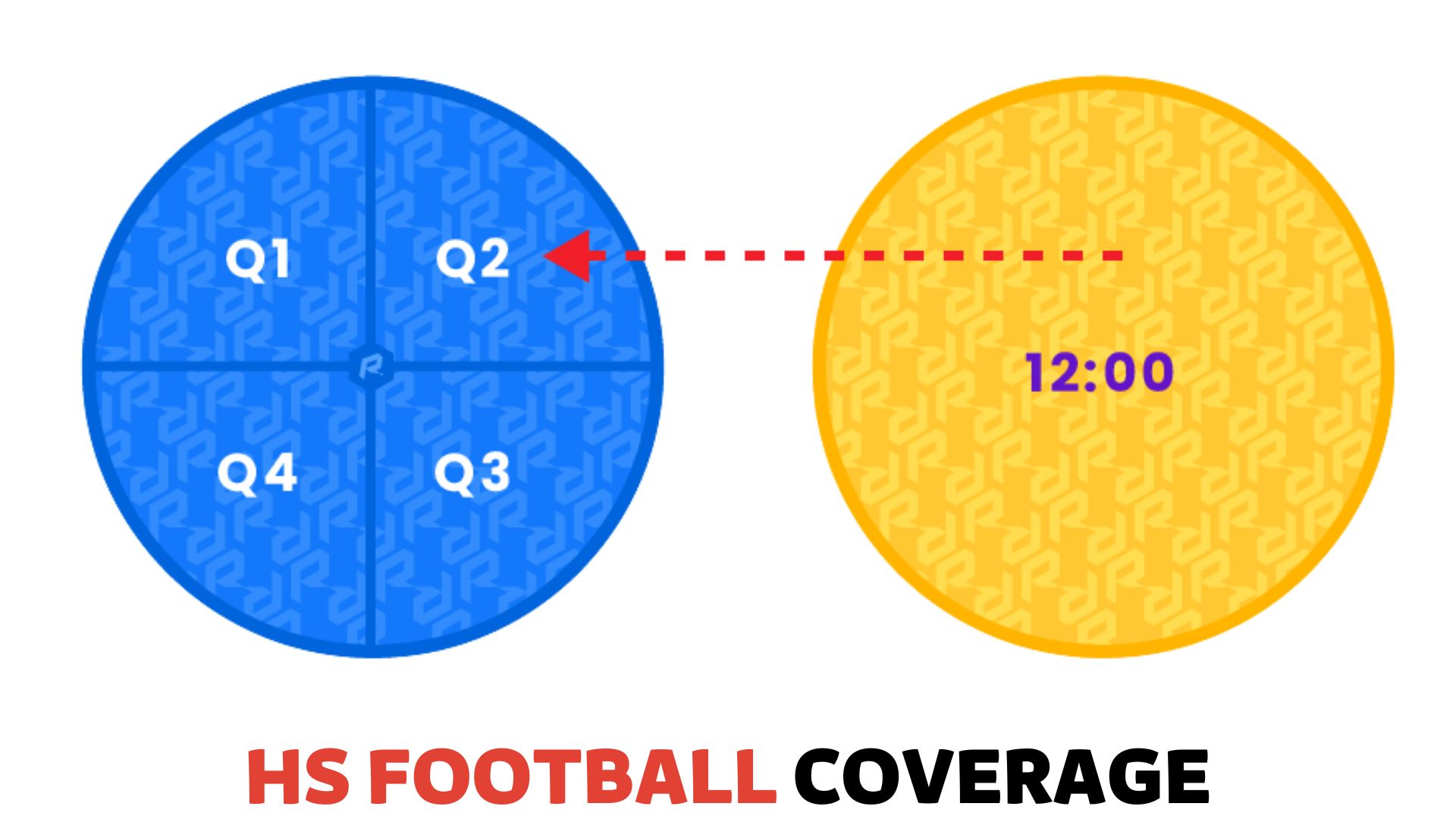
To reclassify in high school for football, meet the eligibility requirements and communicate with your school’s administration and athletic department. This process involves discussing your intentions, completing the necessary paperwork, and potentially seeking approval from the state athletic association.
Reclassifying in high school for football can be a valuable opportunity for student-athletes seeking to enhance their skills and increase their chances of college recruitment. This practice involves moving to a different grade level to gain an advantage within the sport.
However, it is essential to understand the process and meet certain criteria to reclassify successfully. This article will provide a comprehensive guide on navigating the reclassification process, ensuring you are well informed and prepared to make the best decision for your football career.
Adhering to the eligibility requirements and effectively communicating with school administrators and athletic departments can position you for a successful reclassification experience.
The Benefits of Reclassifying
Reclassifying in high school for football offers several benefits. One advantage is gaining a competitive edge over opponents. By repeating a grade, athletes have more time for skill development. This extra year can allow players to enhance their abilities, whether improving passing accuracy or increasing speed.
Reclassifying also provides increased exposure to college recruiters. The added year allows athletes to showcase their talents and catch the attention of college coaches. This increased exposure can greatly improve their chances of securing athletic scholarships.
Overall, reclassifying in high school for football can give athletes a significant advantage in pursuing a successful football career.
Factors to Consider When Reclassifying
Reclassifying in high school for football requires careful consideration of several factors. Academic readiness is crucial, ensuring the student can handle the increased workload and expectations.
Physical readiness is also important, as reclassifying may mean competing against older, more physically developed players.
Emotional readiness is another key aspect, as the decision to reclassify may impact the student’s social life and emotional well-being. Before making this choice, evaluating these factors thoroughly and speaking with school administrators, coaches, and counselors is essential.
Assessing the student’s academic, physical, and emotional preparedness will help make an informed decision about reclassifying and ensure the best possible experience on and off the football field.
Steps to Successfully Reclassify
Reclassifying in high school for football requires careful research and consultation with various parties involved. Evaluating eligibility requirements is crucial to determine if reclassification is a viable option.
Communicating with coaches and parents keeps everyone informed and on the same page.
Deciding to reclassify takes careful consideration and weighing the potential benefits. Taking the necessary academic steps, such as completing additional coursework or meeting specific GPA requirements, is essential.
Transitioning into the new class may involve adjusting to a different social circle or adapting to new teachers and classmates.
Navigating the challenges of reclassification, such as maintaining motivation and managing academic workload, requires resilience and determination.
By following these steps, student-athletes can navigate the reclassification process successfully.
Success Stories of Reclassified Athletes
Reclassifying in high school for football can lead to success stories for athletes. Notable high school reclassifications have opened up new opportunities for college scholarships and professional careers.
These athletes have decided to redo a grade or make a transfer to improve their skills and chances for success in football.
They have shown determination and dedication to their sport, putting in the extra effort required to excel. These reclassified athletes have proven that hard work pays off by taking advantage of a second chance.
Colleges and universities are scouting for talented athletes who have reclassified, offering them scholarships to play at the collegiate level.
Additionally, reclassified athletes have increased their chances of pursuing a professional football career, opening doors to higher levels of competition. The success stories of reclassified athletes inspire others to consider this path in their football journey.
Frequently Asked Questions
What is a Reclass in Football?
A reclass in football refers to a player changing their designated position or moving to a different position on the field.
Can You Reclass As a High Schooler?
Yes, it is possible to reclass as a high schooler.
Why Would You Reclassify in High School?
Reclassifying in high school allows students to better align with their academic abilities and interests.
How Common is Reclassing?
Reclassing is a fairly common practice in the military.
Can I Reclassify in High School to Improve My Football Skills?
Yes, reclassifying in high school can provide an opportunity to improve your football skills and increase your chances of success.
Conclusion
Reclassifying in high school for football can be a strategic decision for athletes aiming to enhance their skills and gain competitive advantages.
By understanding the eligibility rules, considering personal goals, and seeking guidance from knowledgeable coaches and professionals, student-athletes can make an informed choice about reclassification.
It is important to weigh the potential benefits against the potential challenges, such as the impact on academic progress and social factors.
Maintaining a positive mindset, setting realistic expectations, and balancing academics with athletic pursuits are crucial for success.
While reclassifying may offer opportunities for growth and development, it is essential to approach the process with careful consideration and a clear understanding of the potential implications.
Ultimately, the decision to reclassify should align with the individual’s long-term goals and aspirations, ensuring a holistic approach to their high school football journey.















